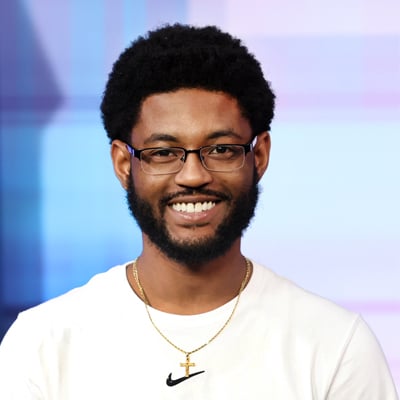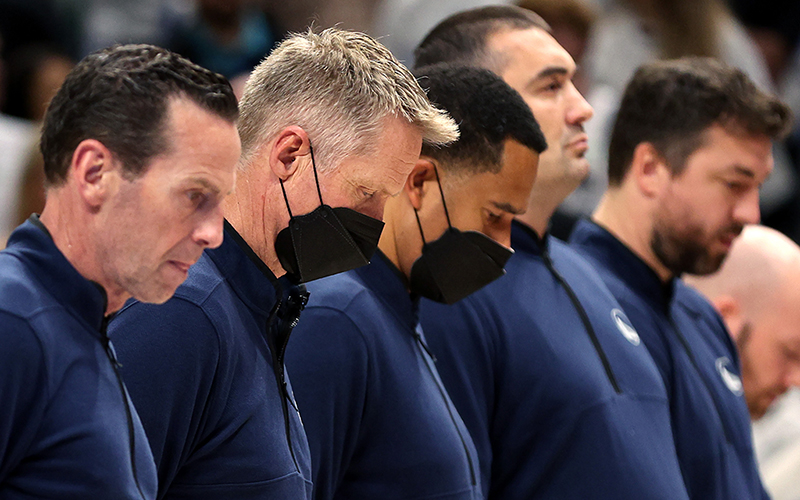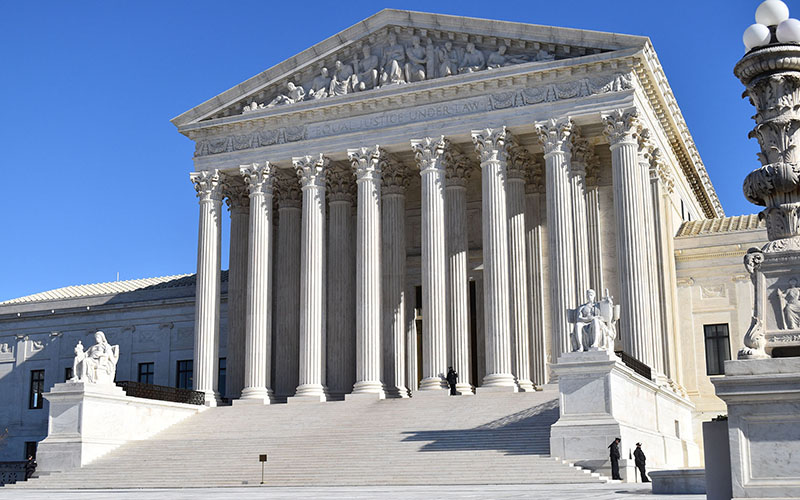PHOENIX – The history of activism within sports is a rich one. Whether it was Ireland’s Peter O’Connor scaling a flagpole in the 1906 Olympics, or Tommie Smith and John Carlos raising their fists on the podium at the 1968 Games, athletes have utilized their platforms to bring light to issues of injustice.
But they were more exception than rule. For many decades, athlete reaction was symbolized by Michael Jordan, who, after criticism for not taking a political stand, famously responded, “Republicans buy sneakers, too.”
“He really epitomized that whole idea of “keep your mouth shut, don’t rock the boat and sell your products,” award-winning sports columnist William Rhoden said.
That mentality has changed for many sports figures. Before a loss in Game 4 of the NBA Western Conference Finals, the game of basketball was far from the mind of Warriors coach Steve Kerr.
After the tragic shooting in Uvalde, Texas, that left 19 children and two adults dead, Kerr took to the podium and delivered an impassioned speech urging the country and U.S. senators to rethink their stance on gun control legislation.
The recent events struck a personal chord with Kerr. His life was permanently shaken by gun violence in 1984 when two terrorists fatally shot his father while working at the American University of Beirut.
“I’m not gonna talk about basketball,” Kerr said. “Since we left shoot-around, 14 children were killed, 400 miles from here, and a teacher. And in the last 10 days, we’ve had elderly Black people killed in a supermarket in Buffalo. We’ve had Asian churchgoers killed in Southern California. And now we have children murdered at school. When are we gonna do something?”
His speech echoes the sentiments of his response to the 2018 mass shooting that took place in Parkland, Florida.
This isn’t the first time that Kerr has used his platform to bring light to a cause that he champions. Kerr over the years has been outspoken on social justice, racism and now gun reform.
Athletes speaking out can be impactful, said Justin Tinsley, a reporter for Andscape and a premiere voice covering the intersection of sports, culture and Black history.
“Just look at Jackie Robinson, and what he did for race relations and the discussion around that,” Tinsley said. “I mean, Muhammad Ali, basically sacrificed the prime years of his career because he said he wasn’t going to fight in Vietnam, because he wasn’t treated equally in America. So why would he go kill, you know, other innocent men, women and children when he, his family or people who look like him can’t even get equal rights here in the states.”
During a postgame press conference in Los Angeles, Phoenix Mercury forward Brianna Turner also made use of her platform.
“In America, we experience mass shootings. We go to work, go to school the next day and don’t process because it’s so normalized,” Turner said. “Sandy Hook was my first shooting 10 years ago, and we’re still here. So we have to do better.”
Athletes are well aware that many in the public believe sports figures shouldn’t interject their opinions into the realm of politics, social justice or any topic that doesn’t directly concern sports.
Conservative talk show host Laura Ingraham popularized the attitude in 2018 when she directed the slogan “shut up and dribble” toward LeBron James after he spoke out about the challenge of being a Black public figure in America.
“Whenever people say ‘stick to sports,’ that’s a cop out,” Tinsley said. “It’s a cowardly thing to say, because sports has never been just about simply the final score. Yes, that’s where we look to to tell who won the game or who lost the game, but sports have always been used as a microcosm or entry point into larger conversations in society.”
Activism within sports dates back to athletes dedicating a bulk of their professional lives to advocating for off-the-field causes, from Jim Brown and Muhammad Ali down the line to Colin Kaepernick taking a knee in 2016 to protest police brutality.
Athletes weren’t always so emboldened. Countless ones have opted for lucrative contracts and endorsement opportunities in place of social justice contribution. This lack of engagement led author and sports journalist Howard Bryant to coin the term “greenwashing.”
“Everyone isn’t Paul Robeson, everybody isn’t Ali, the athletes that do choose to speak out are typically in the minority,” Rhoden said. “I think most are aware of the impact that can be made, but many are still in economic shackles.”
The death of Trayvon Martin in 2012 was a particularly galvanizing event that slowed a trend that began in the mid-1970s of athletes making a concerted effort to be apolitical figures. Instead of viewing themselves solely as brands, athletes recognized the impact that can be made in the community if they fully understand and utilize the magnitude of their voices.
More recently, the death of George Floyd in 2020 reenergized those efforts to where athletes and even corporations took it upon themselves to be the change that they aspire to see in their communities.
“I think that it definitely helps when the athletes speak out,” Rhoden said. “But when they collectively force their leagues to take more of a strident stance toward these causes is when I think we’ll see further progress.”


